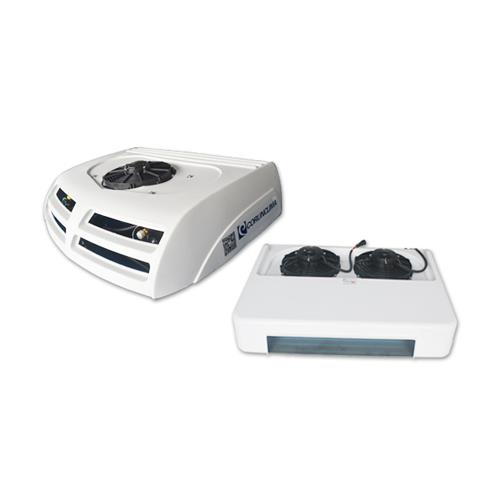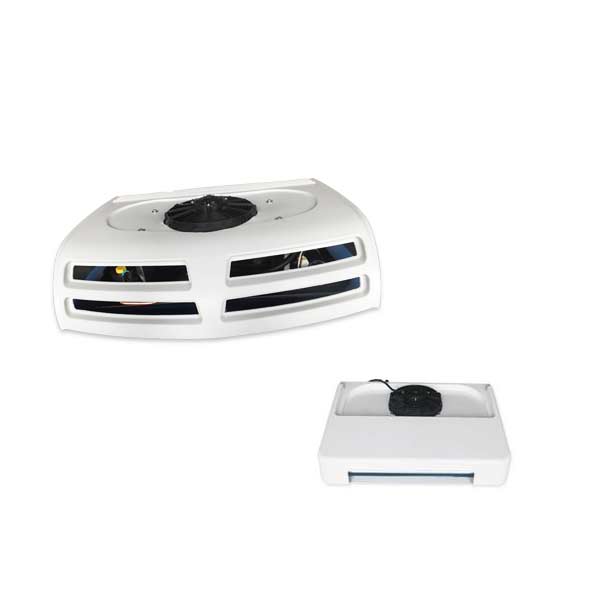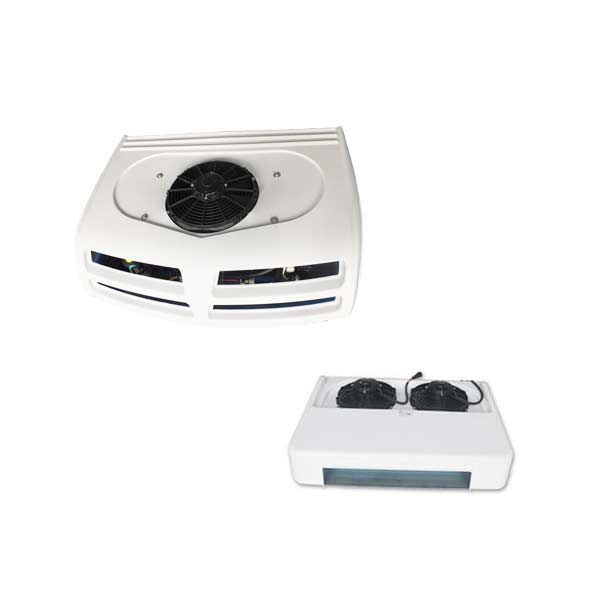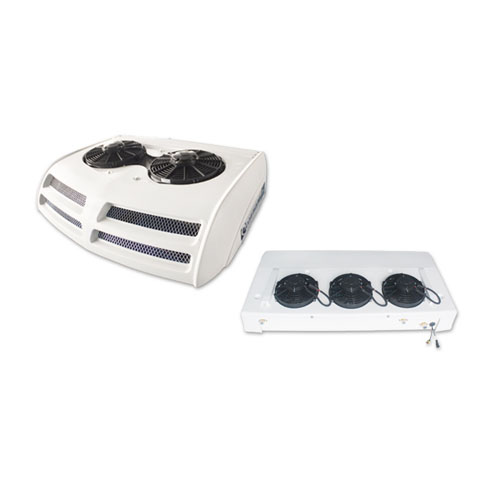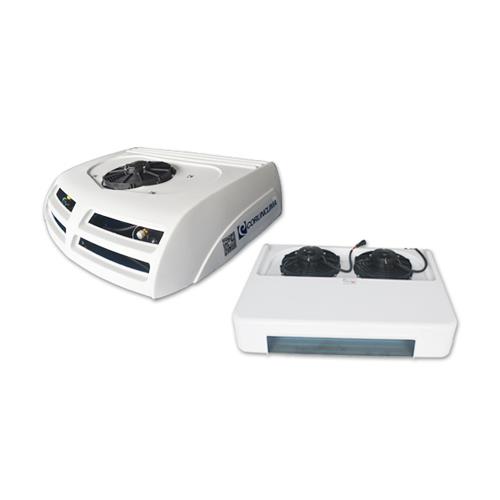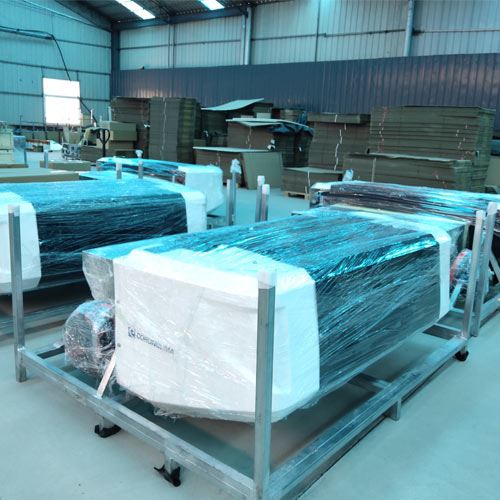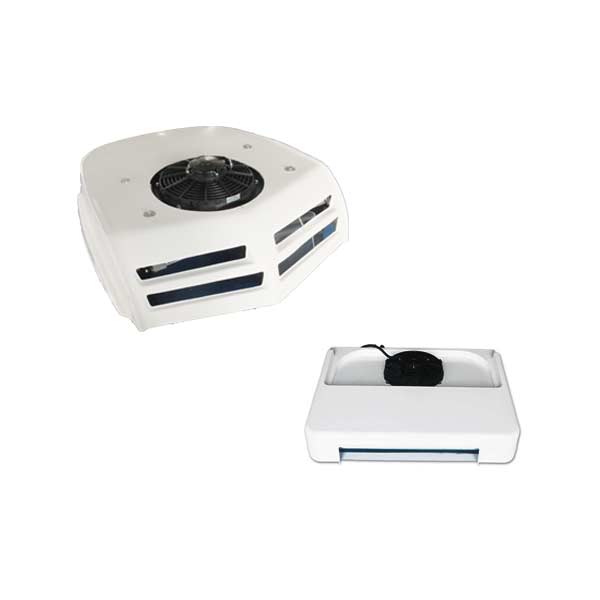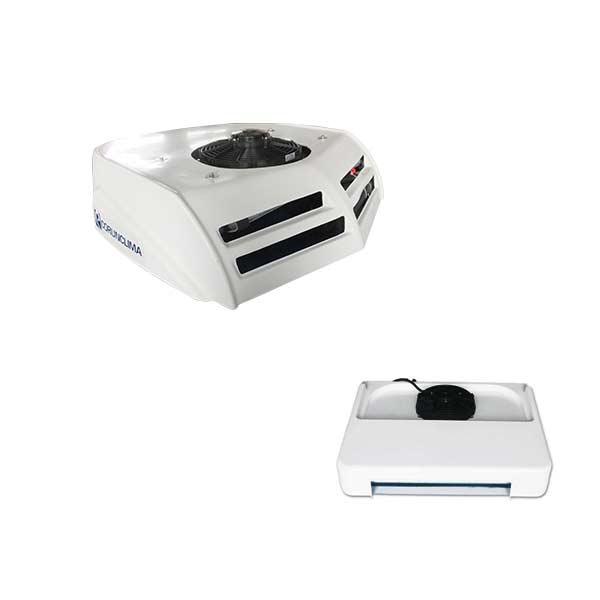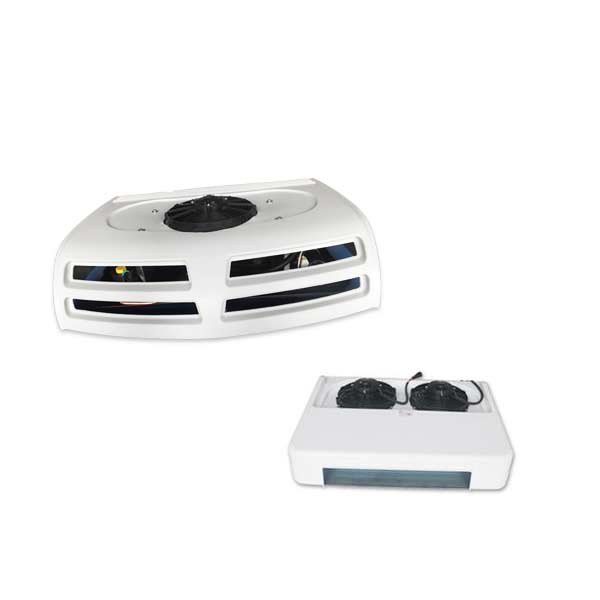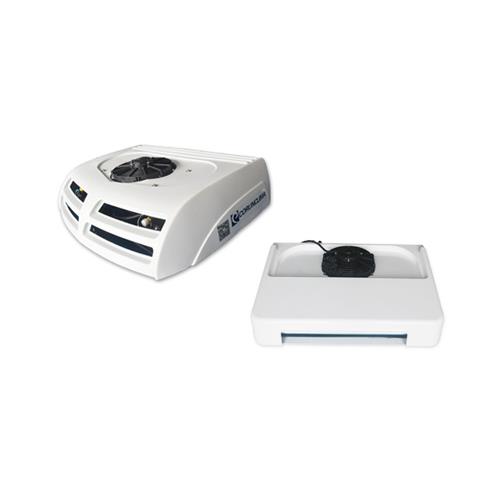The rapid economic development and the improvement of people's living standards have made food quality and food safety gain more and more attention, and the market scale of cold chain transportation has developed rapidly.
At present, all refrigerated trucks use small air-cooled refrigeration systems, and the refrigerant charge is one of the main parameters that affect the performance of the system.
Whether the refrigerant charge is appropriate will affect the performance of the refrigeration unit.
If the refrigerant is overcharged
Excess refrigerant stays in the condenser, resulting in a reduction in the effective heat exchange area of the condenser, an increase in the condensing temperature and condensing pressure, a decrease in the cooling capacity, and an increase in the power consumption of the system;
If the refrigerant is undercharged
A gas-liquid two-phase flow usually appears at the outlet of the condenser, which will cause the evaporator to not be fully filled, the evaporation pressure will decrease, the compressor suction superheat will increase, and the evaporator heat transfer coefficient and cooling capacity will decrease accordingly;
If the refrigeration system does not have an accumulator, the influence of refrigerant overcharging or undercharging will be further increased. If the condenser inner volume and subcooling degree are large, the system performance and subcooling degree are not sensitive to the refrigerant charge; if the condenser inner volume is small, the system performance sensitivity will increase accordingly. Considering the cost and the quality of refrigerated trucks, many cold-chain transportation refrigeration systems use micro-channel heat exchangers (smaller internal volume) as the condenser, and the charging volume requirements are more stringent.
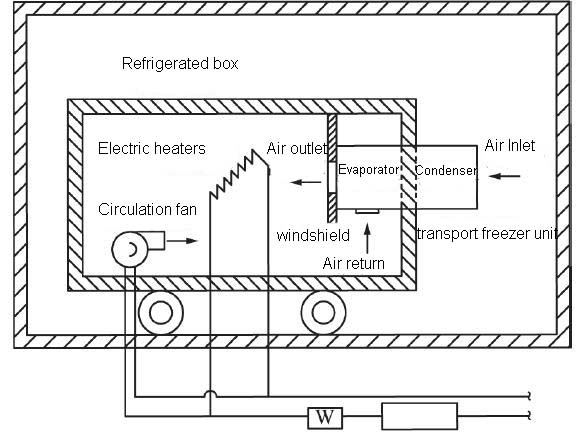
By studying the refrigerated truck refrigeration system under common operating conditions (ambient temperature 37.8°C, refrigerated truck internal temperature 1.7°C), based on the standard refrigerant charge amount obtained by numerical simulation, experimental analysis of refrigerant undercharge and overcharge in the refrigeration system The influence on compressor suction/discharge pressure, suction/discharge temperature, cooling rate, system refrigeration capacity, evaporator outlet superheat and condenser outlet supercooling.
The results show that if the refrigerant is undercharged, the components inside the compressor will not be sufficiently cooled, and the lubricating oil entrained by the refrigerant will decrease, resulting in increased compressor wear and shortened compressor life. If the refrigerant is overcharged, the discharge pressure of the compressor will rise sharply, which will also shorten the life of the compressor. The subcooling degree of the refrigeration system increases with the increase of the refrigerant charge. The refrigeration capacity of the refrigeration system increases with the increase of the refrigerant charge, but the increase is getting smaller and smaller, and too much refrigerant charge will cause the compressor discharge pressure to increase, thereby shortening the service life of the compressor .
If you still have questions about the Refrigerant charge, please feel free to contact us.
We have over 20 years history in transport refrigeration and are TOP 1 export manufacturer among all Chinese Suppliers, we will provide suitable suggestions and solutions according to your situation and needs.


